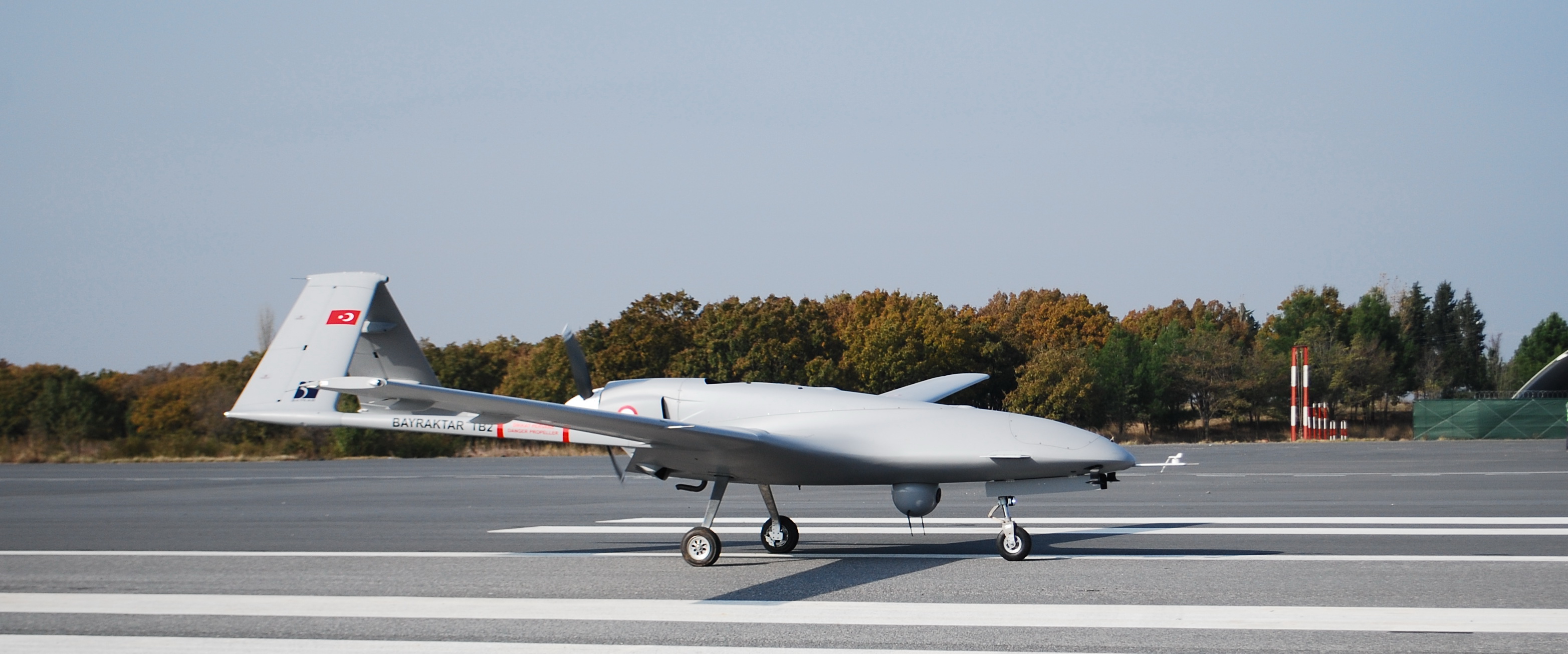Turkey responds to foreign tensions through defence boost

Bayraktar TB2 drone, a flagship of Turkey’s growing defence exports.
Turkey’s defence industry seems to be aiming to boost foreign policy leverage through its arms production, amid tensions with the West, according to The New Arab on September 22nd.
For decades, Ankara sought to reduce its reliance on foreign suppliers, particularly after the US arms embargo of the 1970s and, more recently, following US sanctions on Turkey over its purchase of Russia’s S-400 missile system.
International relations professor, Ufuk Necat Tasci, said to The New Arab: “Tensions with the United States and other Western countries, as well as restrictions imposed on Turkey in general, have prompted the country to focus more on its own arms sector.”

But Turkish companies, including Baykar and Turkish Aerospace Industries have exported unmanned aerial vehicle’s (UAV) to nearly 40 nations.
Yearly revenues from defence exports hit $7.1 billion last year and Turkey’s government claims that revenues should reach $8 billion this year.
What’s more, Tasci claims that technological development has made Turkish companies a “critical determinant” of the nation’s potential to reach its objectives for foreign policy, despite friction with the international community.
Ongoing domestic projects include the current development of the KAAN fighter jet as well as the nation’s first aircraft carrier, which is presently being built. Aselsan, the nation’s biggest defence company, has developed the “Steel Dome” air defence system, while drone manufacturer Baykar, will reportedly be creating unmanned aircraft in Italy.
But in a step towards regional defense integration, Turkey and Egypt signed a memorandum to co-produce Turkish-made combat drones, with the deal being inked on August 26th. The agreement entails the production of the VTOL-UAV (Vertical Take-Off and Landing drone) at Egypt’s Kader Factory under the oversight of the Arab Organization for Industrialization (AOI).
The collaboration aims to enhance Egypt’s domestic surveillance and reconnaissance capabilities and may open opportunities for exports to African and Arab markets, AOI chair Mokhtar Abdel Latif said. However, closer defense ties may also heighten Turkey’s foreign dependency, highlighting the geopolitical complexities of such partnerships.
But Turkey’s growing defense footprint is not without risks. The deployment of Turkish weapons in Ukraine and the Gulf nations raises questions about civilian safety and Turkey’s accountability. Increased defense collaboration with regional partners could also generate geopolitical tensions. For instance, in 2023, an unnamed armed group in Libya called for the withdrawal of Turkish forces in the North African country. Military involvement abroad also carries diplomatic and reputational risks, adding uncertainty to Turkey’s international standing.
The New Arab, Maghrebi.org
Want to chase the pulse of North Africa?
Subscribe to receive our FREE weekly PDF magazine












